Key Definitions
Words are often misused as weapons in politics. It is important to understand what the words actually mean in order to understand how they are being misused in debate. In this sense, the dictionary is as also a part of the foundation of the platform. Communication needs a point of reference.
This list will grow as needed.
The lexicon of the mind/body politic: You might be surprised by the actual definitions of words. The way these words are used is often very far from the actual definition. This is done by many techniques such as political spin or simply misunderstanding.
In some cases you may notice a line in bold text inside the definition. That is to point out a particularly relevant definition in a list of definitions regarding applicable political context.
Words Matter
Politicians, sophists, special interest lobbyists and yes even individuals trusting stuff they heard on the ‘intertubes’ seem to regularly misunderstand words and context. We all need to be more careful and humber in what we think is correct. And we all need to continue to reexamine what we are thinking in context of those things that will harm our own well being, that of our nation, and that of the world we live in. Simply put, because we rely on our world for our survival. The sicker the world gets, the riskier it gets for us.
Policy Matters
Philosophy/policy in the Centrist Party derives from Socratic Method, and ideas that come from the ideas produced by the students of Socrates. That combined with Conservative, Democratic, Progressive, Libertarian, Constitutional ideas create the founding principles of the The Centrist Party.
Capitalism
- Main Entry: cap·i·tal·ism
- Pronunciation: \ˈka-pə-tə-ˌliz-əm, ˈkap-tə-, British also kə-ˈpi-tə-\
- Function: noun
- Date: 1877
: an economic system characterized by private or corporate ownership of capitalgoods, by investments that are determined by private decision, and by prices, production, and the distribution of goods that are determined mainly by competition in a free market
Communism
- Main Entry: com·mu·nism
- Pronunciation: \ˈkäm-yə-ˌni-zəm, -yü-\
- Function: noun
- Etymology: French communisme, from commun common
- Date: 1840
1 a : a theory advocating elimination of private property b : a system in which goods are owned in common and are available to all as needed
2 capitalized a : a doctrine based on revolutionary Marxian socialism and Marxism-Leninism that was the official ideology of the Union of Soviet Socialist Republics b: a totalitarian system of government in which a single authoritarian party controls state-owned means of production c : a final stage of society in Marxist theory in which the state has withered away and economic goods are distributed equitably d : communist systems collectively
Community
- Main Entry: com·mu·ni·ty
- Pronunciation: \kə-ˈmyü-nə-tē\
- Function: noun
- Inflected Form(s): plural com·mu·ni·ties
- Usage: often attributive
- Etymology: Middle English comunete, from Anglo-French communité, from Latin communitat-, communitas, from communis
- Date: 14th century
1 : a unified body of individuals: as a : state, commonwealth b : the people with common interests living in a particular area; broadly : the area itself <the problems of a large community> c : an interacting population of various kinds of individuals (as species) in a common location d : a group of people with a common characteristic or interest living together within a larger society <a community of retired persons> e : a group linked by a common policy f : a body of persons or nations having a common history or common social, economic, and political interests <the international community> g : a body of persons of common and especially professional interests scattered through a larger society <the academic community>
2 : society at large
3 a : joint ownership or participation <community of goods> b : common character : likeness <community of interests> c : social activity : fellowship d : a social state or condition
conserve
verb |kənˈsərv| [ with obj. ]
protect (something, especially an environmentally or culturally important place or thing) from harm or destruction: the funds raised will help conserve endangered meadowlands.
• prevent the wasteful or harmful overuse of (a resource): industry should conserve more water.
• Physics maintain (a quantity such as energy or mass) at a constant overall total.
conservative |kənˈsərvədiv|
adjective
holding to traditional attitudes and values and cautious about change or innovation, typically in relation to politics or religion.
• (of dress or taste) sober and conventional: a conservative suit.
• (of an estimate) purposely low for the sake of caution: the film was not cheap—$30,000 is a conservative estimate.
• (of surgery or medical treatment) intended to control rather than eliminate a condition, with existing tissue preserved as far as possible.
• (Conservative)of or relating to the Conservative Party of Great Britain or a similar party in another country.
Traditionalist conservatism:
Also referred to as classical conservatism, European conservatism, traditional conservatism or traditionalism, is a political and social philosophy emphasizing the need for the principles of a transcendent moral order, manifested through certain natural laws to which society ought to conform in a prudent manner.[1] Traditionalist conservatism is based on the political philosophies of Aristotle and Edmund Burke and has some roots in the Counter-Enlightenment Traditionalists emphasize the bonds of social order and the defense of ancestral institutions over what it considers excessive individualism.
Consideration
http://www.merriam-webster.com/dictionary/consideration
- Main Entry: con·sid·er·ation
- Pronunciation: \kən-ˌsi-də-ˈrā-shən\
- Function: noun
- Date: 14th century
1 : continuous and careful thought <after long consideration he agreed to their requests>
2 a : a matter weighed or taken into account when formulating an opinion or plan <economic considerations forced her to leave college> b : a taking into account
3 : thoughtful and sympathetic regard
4 : an opinion obtained by reflection
Constitutionalism
- Main Entry: con·sti·tu·tion·al·ism
- Pronunciation: \-sh(ə-)nə-ˌli-zəm\
- Function: noun
- Date: 1832
: adherence to or government according to constitutional principles; also : a constitutional system of government
— con·sti·tu·tion·al·ist \-list\ noun
Democracy
- Main Entry: de·moc·ra·cy
- Pronunciation: \di-ˈmä-krə-sē\
- Function: noun
- Inflected Form(s): plural de·moc·ra·cies
- Etymology: Middle French democratie, from Late Latin democratia, from Greek dēmokratia, from dēmos + -kratia -cracy
- Date: 1576
1 a : government by the people; especially : rule of the majority b : a government in which the supreme power is vested in the people and exercised by them directly or indirectly through a system of representation usually involving periodically held free elections
2 : a political unit that has a democratic government
3 capitalized : the principles and policies of the Democratic party in the United States <from emancipation Republicanism to New Deal Democracy — C. M. Roberts>
4 : the common people especially when constituting the source of political authority
5 : the absence of hereditary or arbitrary class distinctions or privileges
- Main Entry: dem·o·crat·ic
- Pronunciation: \ˌde-mə-ˈkra-tik\
- Function: adjective
- Date: 1602
1 : of, relating to, or favoring democracy
2 often capitalized : of or relating to one of the two major political parties in the United States evolving in the early 19th century from the anti-federalists and the Democratic-Republican party and associated in modern times with policies of broad social reform and internationalism
3 : relating to, appealing to, or available to the broad masses of the people <democratic art>
4 : favoring social equality : not snobbish
ethics |ˈeTHiks|
>pl.noun
1 [ usu. treated as pl. ] moral principles that govern a person’s or group’s behavior: Judeo-Christian ethics.
• the moral correctness of specified conduct: the ethics of euthanasia.
2 [ usu. treated as sing. ] the branch of knowledge that deals with moral principles.
Schools of ethics in Western philosophy can be divided, very roughly, into three sorts. The first, drawing on the work of Aristotle, holds that the virtues (such as justice, charity, and generosity) are dispositions to act in ways that benefit both the person possessing them and that person’s society. The second, defended particularly by Kant, makes the concept of duty central to morality: humans are bound, from a knowledge of their duty as rational beings, to obey the categorical imperative to respect other rational beings. Thirdly, utilitarianism asserts that the guiding principle of conduct should be the greatest happiness or benefit of the greatest number.
DERIVATIVES
ethicist |ˈeTHisist| noun
ethic |ˈeTHik|
noun [ in sing. ]
a set of moral principles, especially ones relating to or affirming a specified group, field, or form of conduct: the puritan ethic was being replaced by the hedonist ethic.
adjective rare
of or relating to moral principles or the branch of knowledge dealing with these.
ORIGIN
late Middle English (denoting ethics or moral philosophy; also used attributively): from Old French éthique, from Latin ethice, from Greek ( hē) ēthikē (tekhnē)‘(the science of) morals,’ based on ēthos (see ethos) .
Fascism
http://www.merriam-webster.com/dictionary/fascism
- Main Entry: fas·cism
- Pronunciation: \ˈfa-ˌshi-zəm also ˈfa-ˌsi-\
- Function: noun
- Etymology: Italian fascismo, from fascio bundle, fasces, group, from Latin fascis bundle & fasces fasces
- Date: 1921
1 often capitalized : a political philosophy, movement, or regime (as that of the Fascisti) that exalts nation and often race above the individual and that stands for a centralized autocratic government headed by a dictatorial leader, severe economic and social regimentation, and forcible suppression of opposition
2 : a tendency toward or actual exercise of strong autocratic or dictatorial control <early instances of army fascism and brutality — J. W. Aldridge>
honor|ˈänər| (Brit. honour)
noun
1 high respect; esteem: his portrait hangs in the place of honor.
• [ in sing. ] a person or thing that brings credit: you are an honor to our profession.
• adherence to what is right or to a conventional standard of conduct: I must as a matter of honor avoid any taint of dishonesty.
2 a privilege: the great poet of whom it is my honor to speak tonight.
• a thing conferred as a distinction, especially an official award for bravery or achievement: the highest military honors.
• (honors) a special distinction for proficiency in an examination: she passed with honors.
• (honors) a class or course of degree studies more specialized than that of the ordinary level: [ as modifier ] : an honors degree in mathematics.
• (His, Your, etc., Honor) a title of respect given to or used in addressing a judge or a mayor.
• Golf the right of teeing off first, having won the previous hole.
3 dated a woman’s chastity or her reputation for this: she died defending her honor.
4 Bridge an ace, king, queen, or jack.
• (honors) possession in one’s hand of at least four of the ace, king, queen, and jack of trumps, or of all four aces in no trumps, for which a bonus is scored.
• (in whist) an ace, king, queen, or jack of trumps.
verb [ with obj. ]
1 regard with great respect: Joyce has now learned to honor her father’s memory | (as adj. honored) : an honored guest.
• pay public respect to: talented writers were honored at a special ceremony.
2 fulfill (an obligation) or keep (an agreement): make sure the franchisees honor the terms of the contract.
• accept (a bill) or pay (a check) when due: the bank informed him that the check would not be honored.
ORIGIN
Middle English: from Old French onor (noun), onorer (verb), from Latin honor .
integrity |inˈteɡrədē|
noun
1 the quality of being honest and having strong moral principles; moral uprightness: he is known to be a man of integrity.
2 the state of being whole and undivided: upholding territorial integrity and national sovereignty.
• the condition of being unified, unimpaired, or sound in construction: the structural integrity of the novel.
• internal consistency or lack of corruption in electronic data: [ as modifier ] : integrity checking.
ORIGIN
late Middle English ( sense 2): from French intégrité or Latin integritas, from integer ‘intact’ (see integer). Compare with entirety,integral, and integrate.
liberal |ˈlib(ə)rəl|
adjective
1 open to new behavior or opinions and willing to discard traditional values: they have more liberal views toward marriage and divorce than some people.
• favorable to or respectful of individual rights and freedoms: liberal citizenship laws.
• (in a political context) favoring maximum individual liberty in political and social reform: a liberal democratic state.
• (Liberal)of or characteristic of Liberals or a Liberal Party.
• (Liberal)(in the UK) of or relating to the Liberal Democrat Party: the Liberal leader.
• Theology regarding many traditional beliefs as dispensable, invalidated by modern thought, or liable to change.
2 [ attrib. ] (of education) concerned mainly with broadening a person’s general knowledge and experience, rather than with technical or professional training.
3 (especially of an interpretation of a law) broadly construed or understood; not strictly literal or exact: they could have given the 1968 Act a more liberal interpretation.
4 given, used, or occurring in generous amounts: liberal amounts of wine had been consumed.
• (of a person) giving generously: Sam was too liberal with the wine.
noun
a person of liberal views.
• (Liberal)a supporter or member of a Liberal Party.
DERIVATIVES
liberalness noun
ORIGIN
Middle English: via Old French from Latin liberalis, from liber ‘free (man).’ The original sense was ‘suitable for a free man,’ hence ‘suitable for a gentleman’ (one not tied to a trade), surviving in liberal arts. Another early sense, ‘generous’ ( sense 4 of the adjective), gave rise to an obsolete meaning ‘free from restraint,’ leading to sense 1 of the adjective (late 18th cent).
Libertarian
- Main Entry: lib·er·tar·i·an
- Pronunciation: \ˌli-bər-ˈter-ē-ən, –ˈte-rē-\
- Function: noun
- Date: 1789
1 : an advocate of the doctrine of free will
2 a : a person who upholds the principles of individual liberty especially of thought and action b capitalized : a member of a political party advocating libertarian principles
— libertarian adjective
— lib·er·tar·i·an·ism \-ē-ə-ˌni-zəm\ noun
moral |ˈmôrəl|
adjective
1 concerned with the principles of right and wrong behavior and the goodness or badness of human character: the moral dimensions of medical intervention | a moral judgment.
• concerned with or derived from the code of interpersonal behavior that is considered right or acceptable in a particular society: an individual’s ambitions may get out of step with the general moral code | the moral obligation of society to do something about the inner city’s problems.
• [ attrib. ] examining the nature of ethics and the foundations of good and bad character and conduct: moral philosophers.
2 holding or manifesting high principles for proper conduct: he prides himself on being a highly moral and ethical person.
noun
1 a lesson, especially one concerning what is right or prudent, that can be derived from a story, a piece of information, or an experience: the moral of this story was that one must see the beauty in what one has.
2 (morals) a person’s standards of behavior or beliefs concerning what is and is not acceptable for them to do: the corruption of public morals | they believe addicts have no morals and cannot be trusted.
ORIGIN
late Middle English: from Latin moralis, from mos, mor- ‘custom,’ (plural) mores ‘morals.’ As a noun the word was first used to translate Latin Moralia, the title of St. Gregory the Great’s moral exposition of the Book of Job, and was subsequently applied to the works of various classical writers.
Oligarchy
http://www.merriam-webster.com/dictionary/oligarchy
- Main Entry: ol·i·gar·chy
- Pronunciation: \ˈä-lə-ˌgär-kē, ˈō-\
- Function: noun
- Inflected Form(s): plural ol·i·gar·chies
- Date: 1542
1 : government by the few
2 : a government in which a small group exercises control especially for corrupt and selfish purposes; also : a group exercising such control
3 : an organization under oligarchic control
Plutocracy
http://www.merriam-webster.com/dictionary/plutocracy
- Main Entry: plu·toc·ra·cy
- Pronunciation: \plü-ˈtä-krə-sē\
- Function: noun
- Inflected Form(s): plural plu·toc·ra·cies
- Etymology: Greek ploutokratia, from ploutos wealth; akin to Greek plein to sail, float — more at flow
- Date: 1652
1 : government by the wealthy
2 : a controlling class of the wealthy
Politic
- Main Entry: pol·i·tic
- Pronunciation: \ˈpä-lə-ˌtik\
- Function: adjective
- Etymology: Middle English politik, from Middle French politique, from Latin politicus, from Greek politikos, from politēs citizen — more at police
- Date: 15th century
1 : political
2 : characterized by shrewdness in managing, contriving, or dealing
3 : sagacious in promoting a policy
4 : shrewdly tactful
Political
- Main Entry: po·lit·i·cal
- Pronunciation: \pə-ˈli-ti-kəl\
- Function: adjective
- Etymology: Latin politicus
- Date: 1551
1 a : of or relating to government, a government, or the conduct of government b :of, relating to, or concerned with the making as distinguished from the administration of governmental policy
2 : of, relating to, involving, or involved in politics and especially party politics
3 : organized in governmental terms <political units>
4 : involving or charged or concerned with acts against a government or a political system <political prisoners>
progressive |prəˈɡresiv|
adjective
1 happening or developing gradually or in stages; proceeding step by step: a progressive decline in popularity.
• (of a disease or ailment) increasing in severity or extent: progressive liver failure.
• (of taxation or a tax) increasing as a proportion of the sum taxed as that sum increases: steeply progressive income taxes.
• (of a card game or dance) involving a series of sections for which participants successively change place or relative position.
• archaic engaging in or constituting forward motion.
2 (of a group, person, or idea) favoring or implementing social reform or new, liberal ideas: a relatively progressive governor. favoring or promoting change or innovation: a progressive art school.
• relating to or denoting a style of rock music popular especially in the 1980s and characterized by classical influences, the use of keyboard instruments, and lengthy compositions.
3 Grammar denoting an aspect or tense of a verb that expresses an action in progress, e.g., am writing, was writing. Also called continuous.
noun
1 a person advocating or implementing social reform or new, liberal ideas.
2 Grammar a progressive tense or aspect: the present progressive.
3 (also progressive proof) Printing each of a set of proofs of color work, showing all the colors separately and the cumulative effect of overprinting them.
DERIVATIVES
progressiveness |prəˈɡresivnəs| noun
ORIGIN
early 17th cent.: from French progressif, -ive or medieval Latin progressivus, from progress- ‘gone forward,’ from the verb progredi (see progress) .
Principle
- Main Entry: prin·ci·ple
- Pronunciation: \ˈprin(t)-s(ə-)pəl, -sə-bəl\
- Function: noun
- Etymology: Middle English, from Middle French principe, principle, from Old French, from Latin principium beginning, from princip-, princeps initiator — more at prince
- Date: 14th century
1 a : a comprehensive and fundamental law, doctrine, or assumption b (1) : a rule or code of conduct (2) : habitual devotion to right principles <a man of principle> c : the laws or facts of nature underlying the working of an artificial device
2 : a primary source : origin
3 a : an underlying faculty or endowment <such principles of human nature as greed and curiosity>
Republic
- Main Entry: re·pub·lic
- Pronunciation: \ri-ˈpə-blik\
- Function: noun
- Etymology: French république, from Middle French republique, from Latin respublica, from res thing, wealth + publica, feminine of publicus public — more at real, public
- Date: 1604
1 a (1) : a government having a chief of state who is not a monarch and who in modern times is usually a president (2) : a political unit (as a nation) having such a form of government b (1) : a government in which supreme power resides in a body of citizens entitled to vote and is exercised by elected officers and representatives responsible to them and governing according to law (2) : a political unit (as a nation) having such a form of government c : a usually specified republican government of a political unit <the French Fourth Republic>
2 : a body of persons freely engaged in a specified activity <the republic of letters>
3 : a constituent political and territorial unit of the former nations of Czechoslovakia, the Union of Soviet Socialist Republics, or Yugoslavia
Republican
- Main Entry: 1re·pub·li·can
- Pronunciation: \ri-ˈpə-bli-kən\
- Function: noun
- Date: 1699
1 : one that favors or supports a republican form of government
2 capitalized a : a member of a political party advocating republicanism b : a member of the Democratic-Republican party or of the Republican party of the United States
Socialism
http://www.merriam-webster.com/dictionary/socialism
- Main Entry: so·cial·ism
- Pronunciation: \ˈsō-shə-ˌli-zəm\
- Function: noun
- Date: 1837
1 : any of various economic and political theories advocating collective or governmental ownership and administration of the means of production and distribution of goods
2 a : a system of society or group living in which there is no private property b : a system or condition of society in which the means of production are owned and controlled by the state
3 : a stage of society in Marxist theory transitional between capitalism and communism and distinguished by unequal distribution of goods and pay according to work done
Spin
- Main Entry: 1spin
- Pronunciation: \ˈspin\
- Function: verb
- Inflected Form(s): spun \ˈspən\; spin·ning
- Etymology: Middle English spinnen, from Old English spinnan; akin to Old High German spinnan to spin and perhaps to Lithuanian spęsti to set (a trap)
- Date: before 12th century
intransitive verb
1 : to draw out and twist fiber into yarn or thread
2 : to form a thread by extruding a viscous rapidly hardening fluid —used especially of a spider or insect
3 a : to revolve rapidly : gyrate b : to feel as if in a whirl : reel <my head is spinning>
4 : to move swiftly especially on or as if on wheels or in a vehicle
5 : to fish with spinning bait : troll
6 a of an airplane : to fall in a spin b : to plunge helplessly and out of control
7 : to engage in spin control (as in politics)
transitive verb
1 a : to draw out and twist into yarns or threads b : to produce by drawing out and twisting a fibrous material
2 : to form (as a web or cocoon) by spinning
3 a : to stretch out or extend (as a story) lengthily : protract —usually used with outb : to evolve, express, or fabricate by processes of mind or imagination <spin a yarn>
4 : to cause to whirl : impart spin to <spin a top>
5 : to shape into threadlike form in manufacture; also : to manufacture by a whirling process
6 : to set (records or compact discs) rotating on a player : play <spin some discs>
7 : to present (as information) with a particular spin <spin the statistics>
— spin one’s wheels : to make futile efforts to achieve progress
Virtue
- Main Entry: vir·tue
- Pronunciation: \ˈvər-(ˌ)chü\
- Function: noun
- Etymology: Middle English vertu, virtu, from Anglo-French, from Latin virtut-, virtus strength, manliness, virtue, from vir man — more at virile
- Date: 13th century
1 a : conformity to a standard of right : morality b : a particular moral excellence
2 plural : an order of angels — see celestial hierarchy
3 : a beneficial quality or power of a thing
4 : manly strength or courage : valor
5 : a commendable quality or trait : merit
6 : a capacity to act : potency

CP Voter Guide: 2024 – This election is a choice between everything America has stood for, or Trump
by John Reisman | Sep 2, 2024 | Economic Security, Economy, Education, Election, Election, Election, Energy, Environment, Environment-Global Warming, Healthcare, Healthcare Politics, Healthcare Security, Int'l, NATSEC, Political Economics, Political Reform, Political Sophistry, Politics, Politics Election Fraud, Politics Election Security, Security, Security
Be careful what you don't vote for? You might get what you don't want!This article will be updated as more information is weighed.Updated: Oct. 18, 2024 Bookmark Links: Things the Media Should Do. Things the Harris Walz Campaign Should Do. Things the Media Should...

CP Voter Guide 2022
by John P. Reisman | Oct 21, 2022 | Election, Politics, Security, Security NATSEC
The CP's goal is to protect our repulican democracy. Voting against the GOP is still needed until we can get more pragmatic conservative progressives on the ballot.Until We Can Vote Purple, Vote Blue Since the CP still does not have a ballot, we support honorable,...
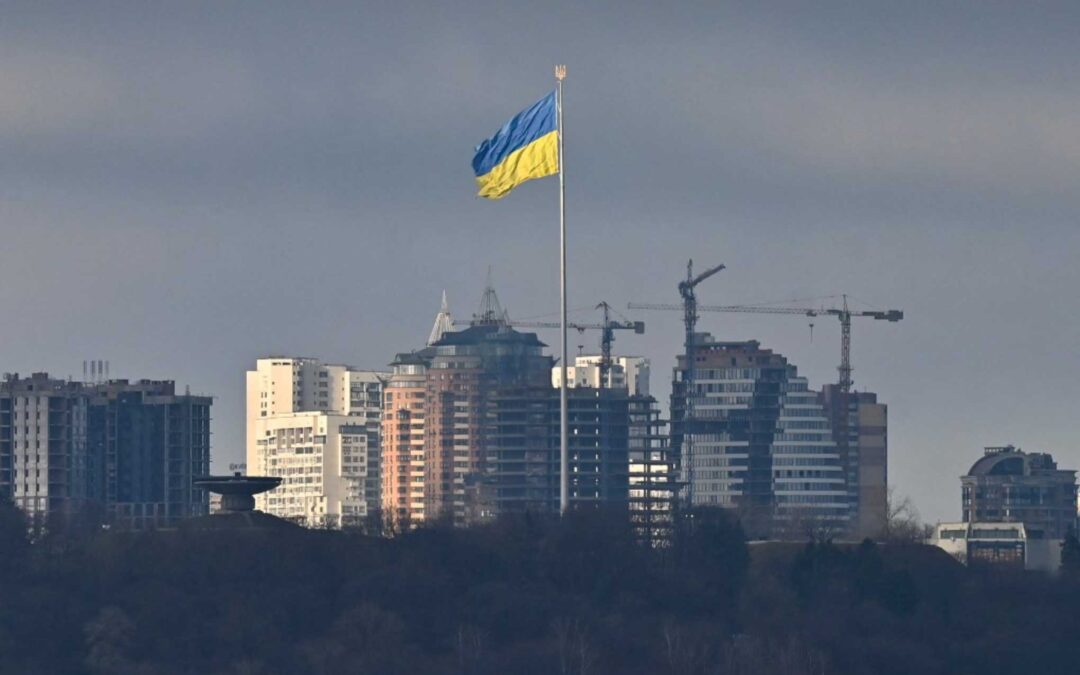
Putin is a Terrorist – Support Ukraine
by John P. Reisman | Mar 11, 2022 | Int'l, Security
Defying Putin's invasion and lies, Volodymyr Zelenskyy and his government stand their ground in Kyiv as Putin continues the Russian attack on the city and country of Ukraine.Support Ukraine Societies and countries that support freedom need to support Ukraine. Putin...
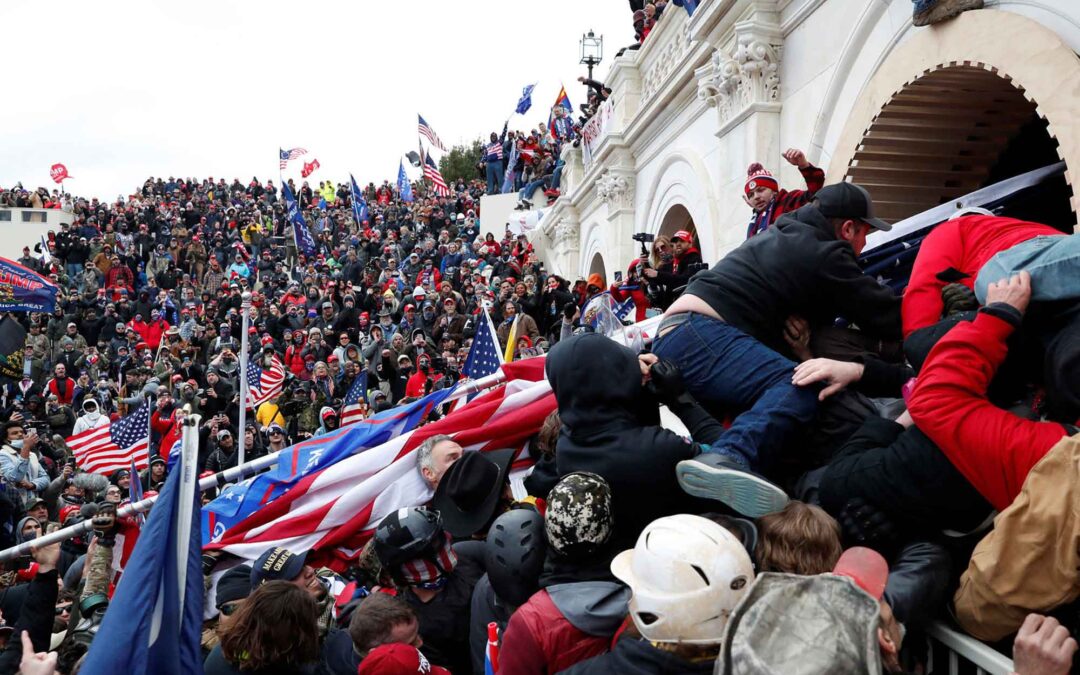
Jan 6: Facts First, NOT Gullibility
by John P. Reisman | Jan 6, 2022 | Election, Politics, Security
Gullibility in the GOP Gullibility of the voter base and power abuse is still the mantra of the Republican Party. Unfortunately they are giving Republicanism a bad name. re·pub·lic| rəˈpəblik | noun : a state in which supreme power is held by the people and their...
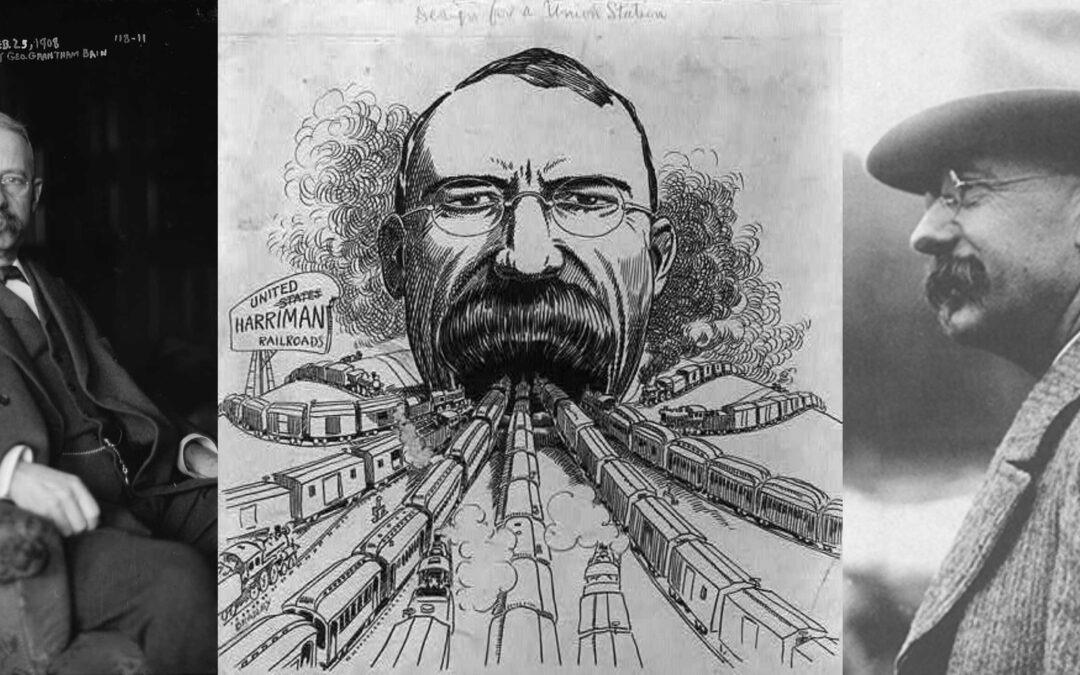
Can we break the legs of corruptions grip on American politics?
by John P. Reisman | Dec 14, 2021 | Corruption, Politics
Citizens United & Corruption I had not thought about the origins of monetary corruption of our political system for about 20 years. It was popping in an out of my mind though, ever since I last researched it. I was speaking with the Federal Election Committee on...
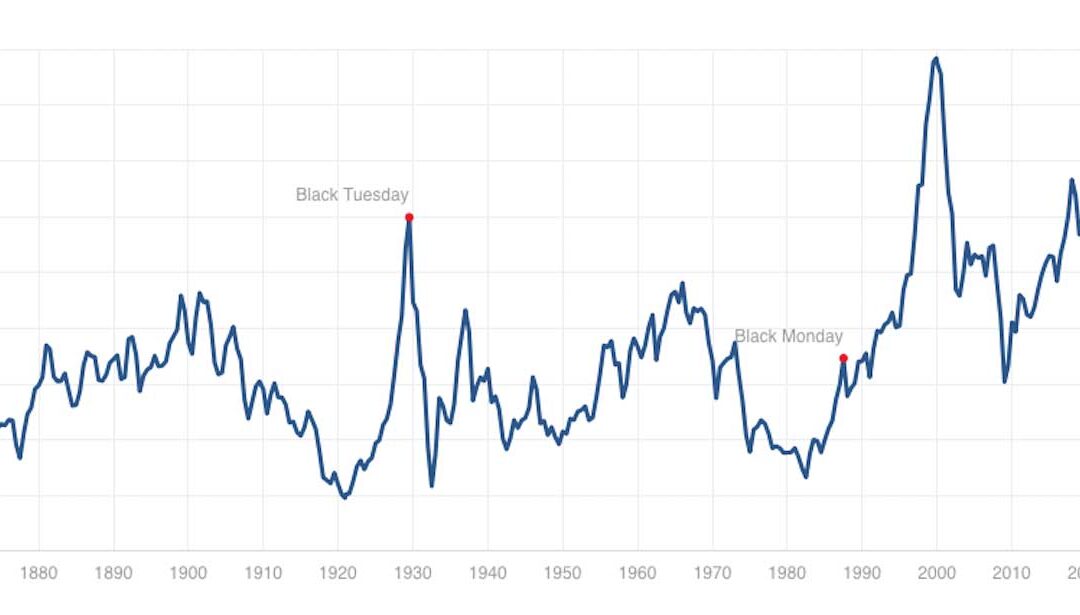
Challenging, Difficult & Dangerous: The Shiller P/E
by John P. Reisman | Nov 3, 2021 | Economic Security, Economy
The Shiller P/E Ratio Near 40 The Shiller P/E ratio has only been this high on three other occasions. The 1929 market crash, which resulted from an overly exuberant market. The 2000 bubble and crash, which resulted from an overly exuberant market. And now, during a...

California Recall Election 2021
by John P. Reisman | Sep 8, 2021 | Election, Politics
Fact Check on California Recall Key Considerations: The main arguments pushed out on right wing media are very liberal on lies and misdirection. It is unfortunate that the Republicans and the right wing have abandoned conservatism for liberal corporatism. But their...
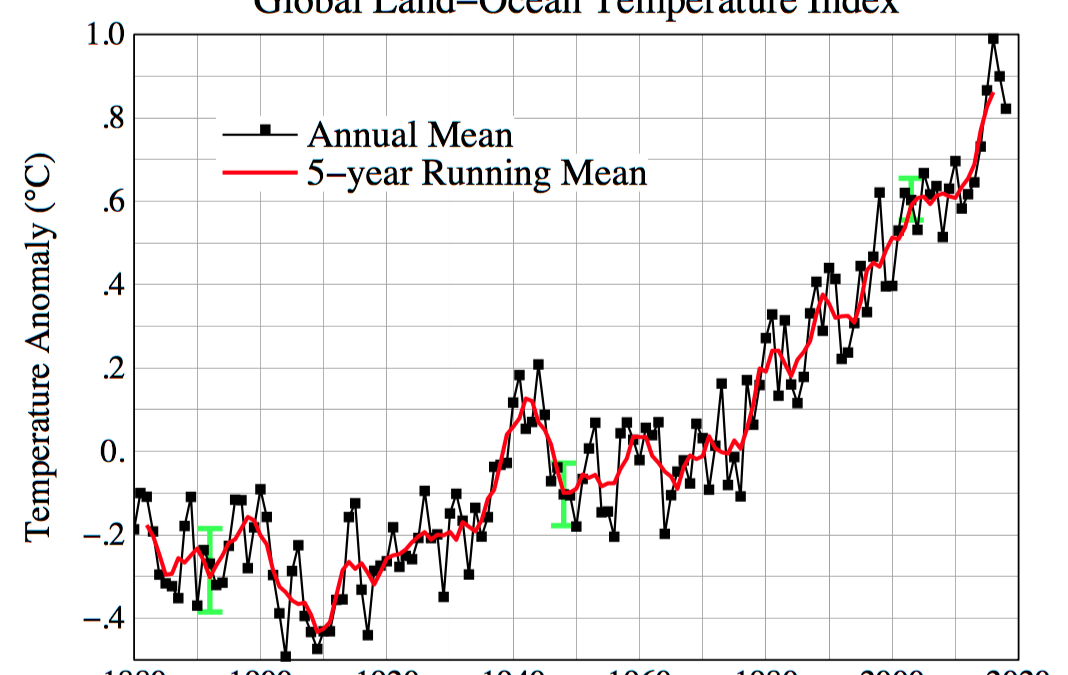
Retrospective: Climate – US Issues
by John P. Reisman | Jun 18, 2021 | Environment, Environment-Global Warming
This page shows some old data from the original CP website that still holds up and give us perspective on where we are today.
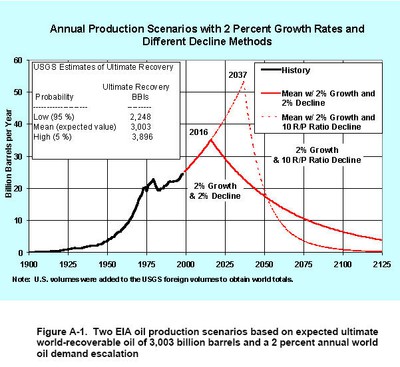
Retrospective: Energy – 2000-2008
by John P. Reisman | Jun 14, 2021 | Energy
Managing Transition This article is extracted from the CP Energy Position page, which is now updated with new information. Some info updated. Clean, Safe, Sustainable systems and rapid transitions based on needs and technology to achieve energy independence and a...
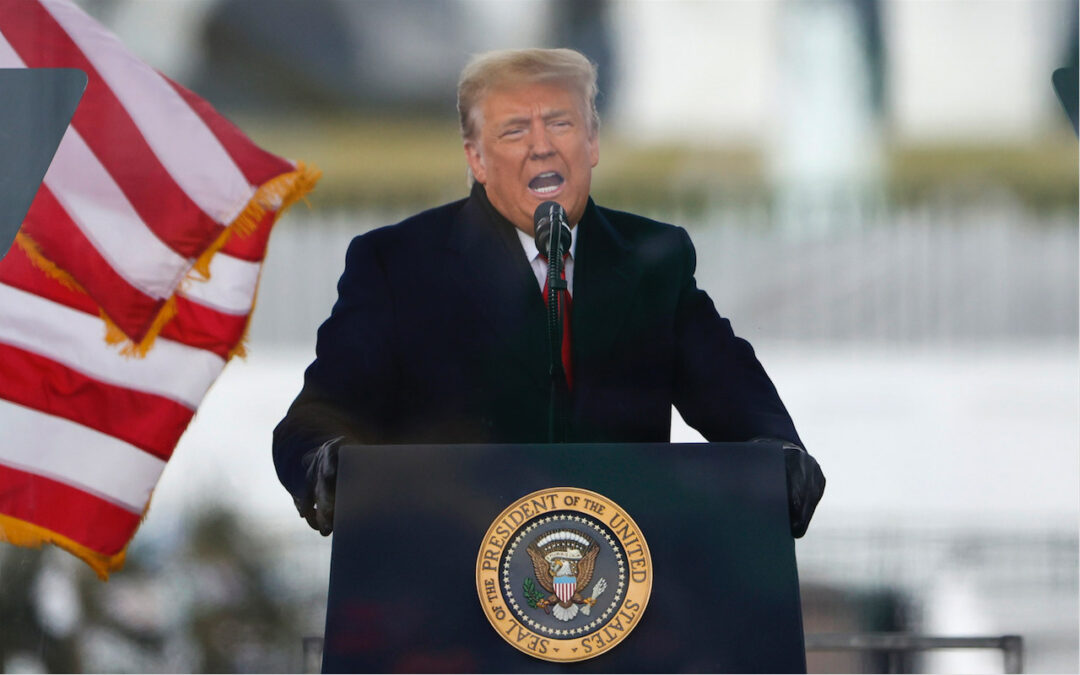
Trump Knew Covid-19 More Deadly Than Flu on Feb. 7, 2020
by John P. Reisman | Feb 8, 2021 | Healthcare, Healthcare Politics, Healthcare Security
In examining the statutes for murder in America it seems clear that Donald Trump caused death by willfully distracting the American public by downplaying the pandemic, while admitting he knew it was much deadlier than the flu. This begs the question, could there be a class action lawsuit against Donald J. Trump for ignoring his responsibility to protect the American people by putting his own agenda before that or the people?